Co-parenting with a difficult ex-spouse can feel like walking on eggshells, but it doesn’t have to be impossible.
Putting your child’s needs first is the key to successful co-parenting.
When you focus on what is best for them, it helps to guide your actions and decisions. This mindset will keep things in perspective and minimize conflicts.
Effective communication can also make a huge difference.
Even if your ex is uncooperative, finding a way to exchange essential information calmly and clearly is important.
Using emails or parenting apps can help keep conversations focused and less emotional.
Setting boundaries is also important.
By being consistent and firm about your limits, you create a stable environment for your child.
Consistency helps build trust and security for your child, even when interactions with your ex are tough.
Your well-thought-out approach can make a challenging situation more manageable.
Understanding Co-Parenting
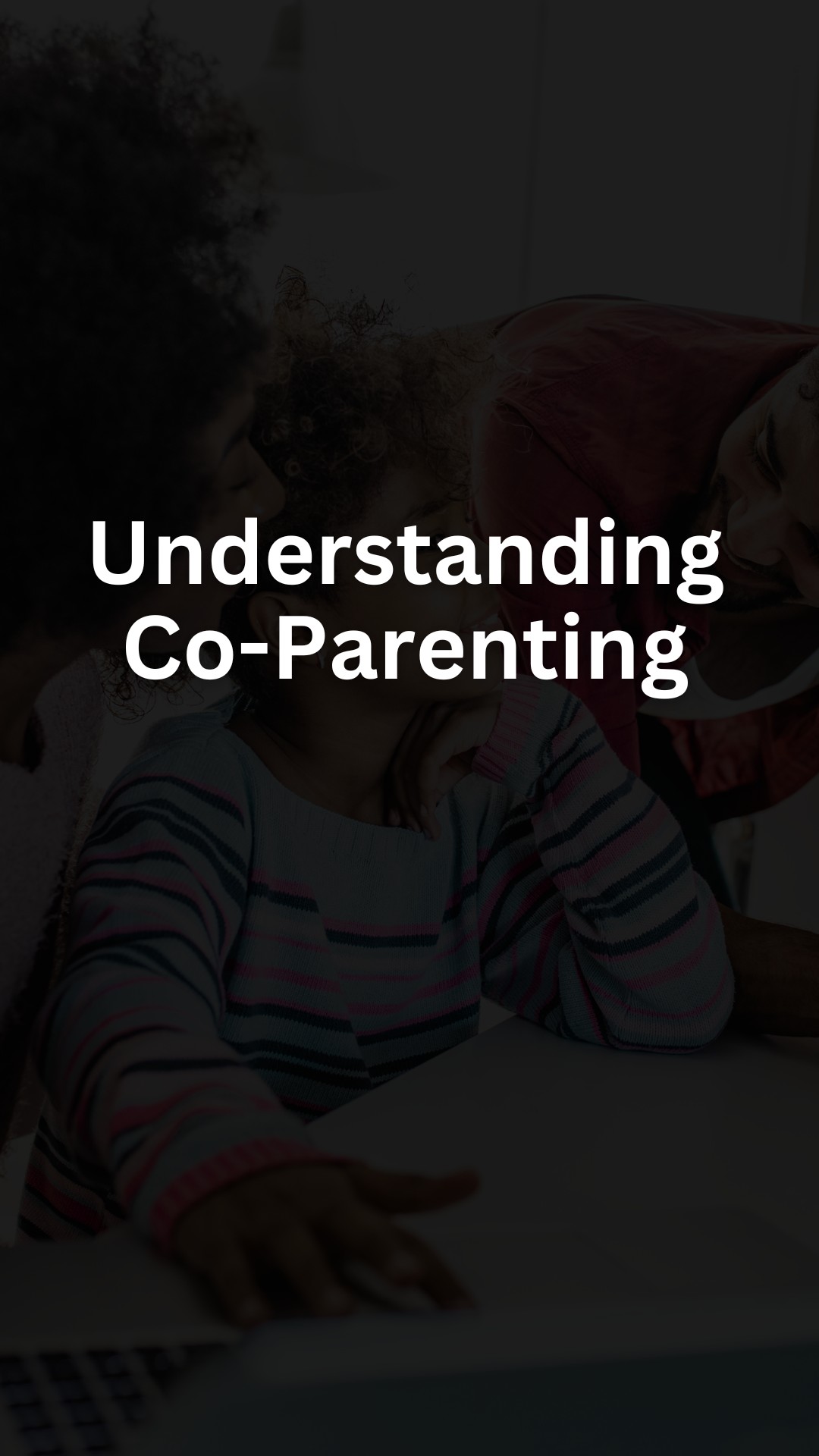
Navigating co-parenting with an ex-spouse can be tricky. To make it work, it’s important to clearly divide responsibilities and be aware of potential struggles.
Defining Co-Parenting Responsibilities
Co-parenting means working together to raise your child even though you are no longer in a romantic relationship.
Each parent must know their roles and tasks to avoid misunderstandings.
Create a schedule for visitation and agree on who handles doctor visits, school meetings, and extracurricular activities.
It’s helpful to put these responsibilities in writing, either through a legal agreement or a shared calendar.
Consistency and communication play key roles in making co-parenting smooth and less stressful.
Recognizing Common Challenges
You may face disagreements on parenting styles or rules for your child.
These challenges can affect how you both approach discipline, bedtime routines, and homework. Be ready to discuss these topics calmly and find compromises.
Another issue can be communication problems.
Misunderstandings and arguments can arise if you don’t talk openly and respectfully.
Using tools like emails or co-parenting apps can help keep the conversation clear and focused on your child’s needs.
It’s also important to avoid putting your child in the middle of conflicts.
Always speak positively about the other parent in front of your child to foster a supportive environment.
Establishing Communication Guidelines
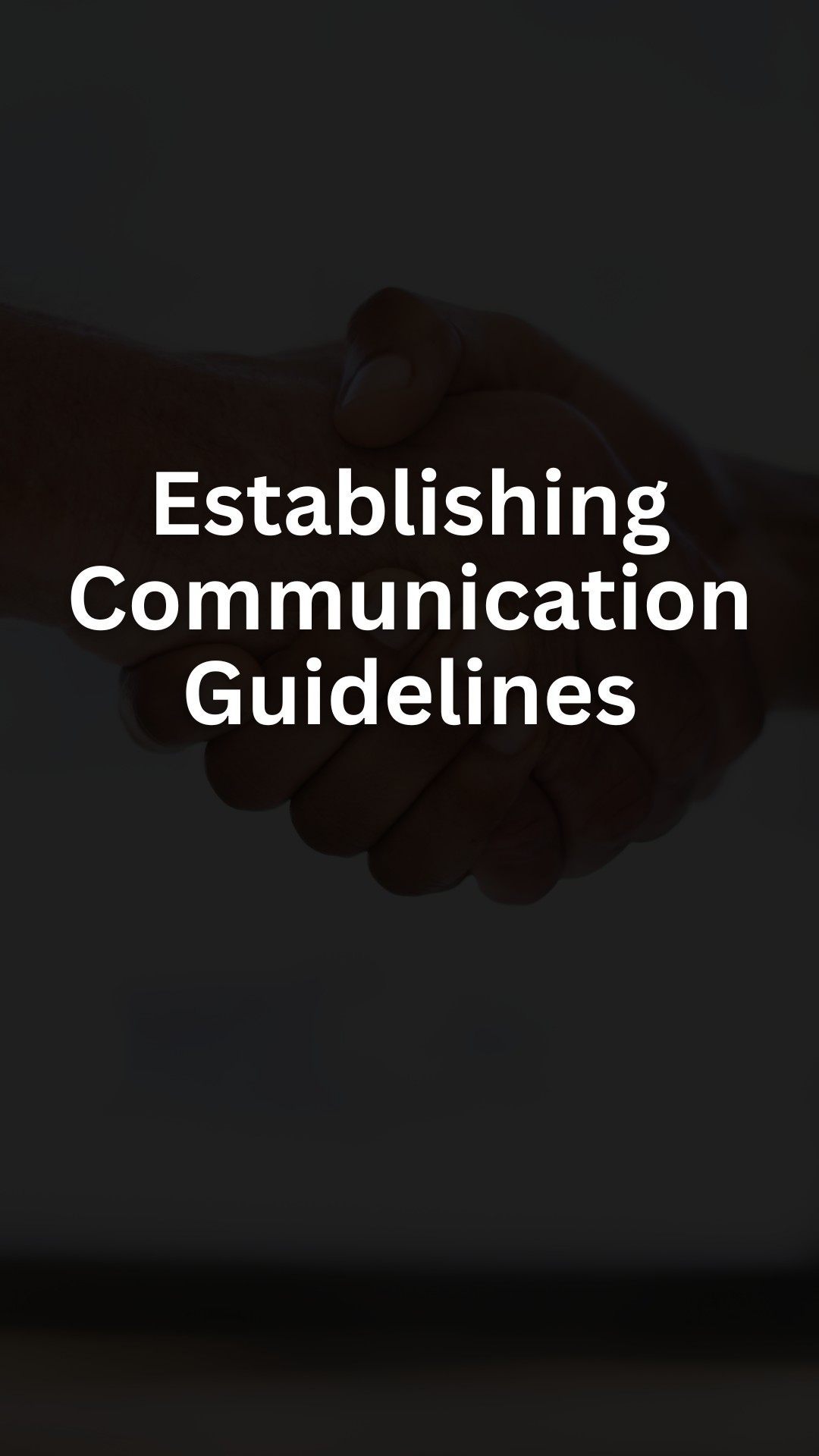
Good communication is key to successful co-parenting. Setting clear rules for how you communicate and respecting those rules will help make things smoother.
Choosing Effective Communication Channels
Pick a method to communicate that works for both of you.
Some might prefer email because it gives time to think before responding. Others might like text messages for quick updates about the kids.
There are also co-parenting apps that keep messages organized and even track important dates.
Think about what type of communication you need.
Urgent matters like a child’s illness might need a phone call. Routine updates can be handled over email or a parenting app.
Agree on what channel to use for each type of message to avoid misunderstandings.
Setting Boundaries and Expectations
Agree on boundaries to keep communication respectful and focused on the kids.
For example, set times when it’s okay to call or text. Decide not to use the kids to relay messages between you.
It’s important to focus on facts and avoid blame or criticism.
Discuss how often you’ll update each other about the kids and stick to that schedule.
Write down these rules so there’s no confusion.
Consistent and respectful communication helps build a positive co-parenting relationship.
Legal Considerations and Agreements

When co-parenting with a difficult ex-spouse, paying attention to legal details is crucial. Custody arrangements and child support responsibilities are key aspects to focus on.
Navigating Custody Arrangements
Custody arrangements can vary from joint to sole custody.
Joint custody means both parents share responsibilities, while sole custody places all responsibility on one parent.
It’s important to know the details of your arrangement.
Court orders will outline who makes decisions about education, healthcare, and other critical areas.
Communication methods between parents should also be clear to avoid misunderstandings.
Courts may also include a parenting plan that sets schedules for visits, holidays, and vacations.
Keeping a record of communications and agreements helps in case disputes arise.
Cooperating with your ex-spouse can make the process smoother.
Mediation is another option if direct communication is challenging.
Legal advice is essential, so consider consulting a lawyer to understand your rights and obligations.
Understanding Child Support Responsibilities
Child support ensures that both parents contribute financially to their child’s needs.
The amount is typically determined by state guidelines, which consider both parents’ incomes and the child’s needs.
Payments are usually made monthly and cover essentials like food, shelter, clothing, and education.
Failing to make payments can result in legal consequences, including wage garnishment or even jail time.
In some cases, you might need to modify child support.
Changes in income, job loss, or additional expenses for the child can be valid reasons. You will need to go through the court for any modifications.
Being aware of your child support responsibilities and keeping up with payments helps avoid legal trouble and ensures the wellbeing of your child.
Creating a Child-Centered Approach
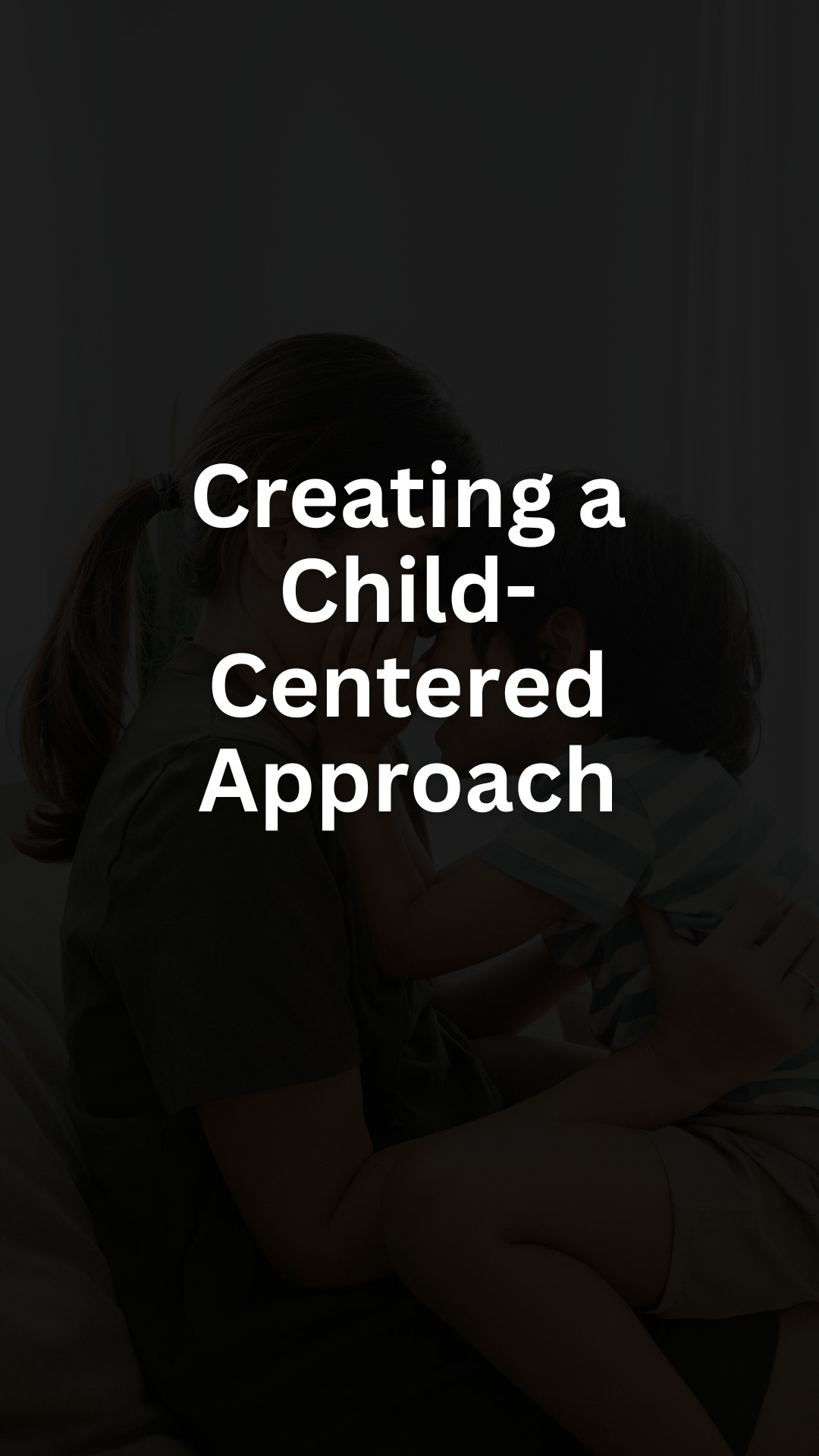
Focus on the child’s well-being by prioritizing their needs and maintaining consistent routines. This helps provide stability and reduces stress for them.
Prioritizing the Child’s Needs
Always put the child’s needs first.
Make decisions that support their emotional, physical, and mental health.
Communicate respectfully with your ex-spouse to reduce conflicts. This helps create a peaceful environment for your child.
Encourage positive relationships.
Support your child’s connection with both parents. Avoid speaking negatively about your ex-spouse in front of your child. This can lead to loyalty conflicts and stress.
Discuss major decisions together.
Whether it’s about schooling, medical care, or extracurricular activities, both parents should be involved.
This ensures that the child’s best interest is always considered.
Implementing Consistent Routines
Set up routines that your child can rely on.
Consistency in meal times, bedtimes, and activities provides a sense of security and normalcy. This is especially important in a divided household.
Coordinate schedules with your ex-spouse.
Make sure both homes follow similar rules and routines. This helps prevent confusion and keeps the child feeling safe and secure.
Use a shared calendar.
Digital tools like Google Calendar can help both parents stay on the same page. Mark important dates and schedules to ensure everyone is informed. This reduces misunderstandings and keeps routines smooth.
Dealing with Conflict

Managing conflicts with a difficult ex-spouse involves staying calm and respectful. It can be helpful to seek mediation when disputes get too tough to handle on your own.
Resolving Disputes Respectfully
When disagreements arise, always approach them calmly.
Avoid raising your voice or using hurtful language. Instead, keep discussions focused on your child’s needs.
Setting clear boundaries can help too.
For instance, agree on neutral locations for drop-offs. This can minimize potential stress.
It’s important to listen to your ex-spouse’s perspective, even if you disagree.
Acknowledging their feelings can reduce tension. Use “I” statements like, “I feel concerned when…”
Compromising when possible is key.
Reducing conflict means sometimes meeting in the middle. Keep interactions brief and to-the-point to prevent arguments from escalating.
Seeking Mediation When Necessary
If you can’t resolve a dispute on your own, mediation might be the best step.
A neutral third party can help both of you find common ground.
Mediators are trained to manage conflicts and can suggest solutions you might not have considered.
This process is less stressful than going to court and keeps the focus on your child’s well-being.
Mediation sessions are confidential, giving you a safe space to voice your concerns.
Choose a mediator experienced in family issues. They can guide you both through difficult conversations to find a suitable resolution.
Remember, seeking help is not a sign of failure. It shows that you are committed to co-parenting effectively.
Managing Transitions and Handovers

When co-parenting with a difficult ex-spouse, smooth transitions are key.
- Be Consistent: Stick to a regular schedule. This helps your child feel secure.
- Communicate Clearly: Use simple and polite language. Keep messages short and to the point.
- Plan Ahead: Discuss and agree on handover times and locations in advance. This avoids last-minute changes and confusion.
- Use a Neutral Space: If possible, choose a neutral location for handovers. Public places like parks can reduce tensions.
- Be Punctual: Arrive on time for pick-ups and drop-offs. This shows respect for each other’s time.
- Keep It Brief: Handovers should be quick. Aim for a calm and respectful exchange.
- Prepare Your Child: Let your child know what to expect. A brief reminder about who will pick them up can ease their mind.
- Encourage Positivity: Speak positively about the other parent. Avoid arguments or negative comments during handovers.
- Use Technology: Shared calendars and co-parenting apps can help manage schedules and reduce misunderstandings.
- Stay Calm: If conflicts arise, stay calm and focused on the child’s needs. Take deep breaths and avoid escalating the situation.
Self-Care and Support Systems
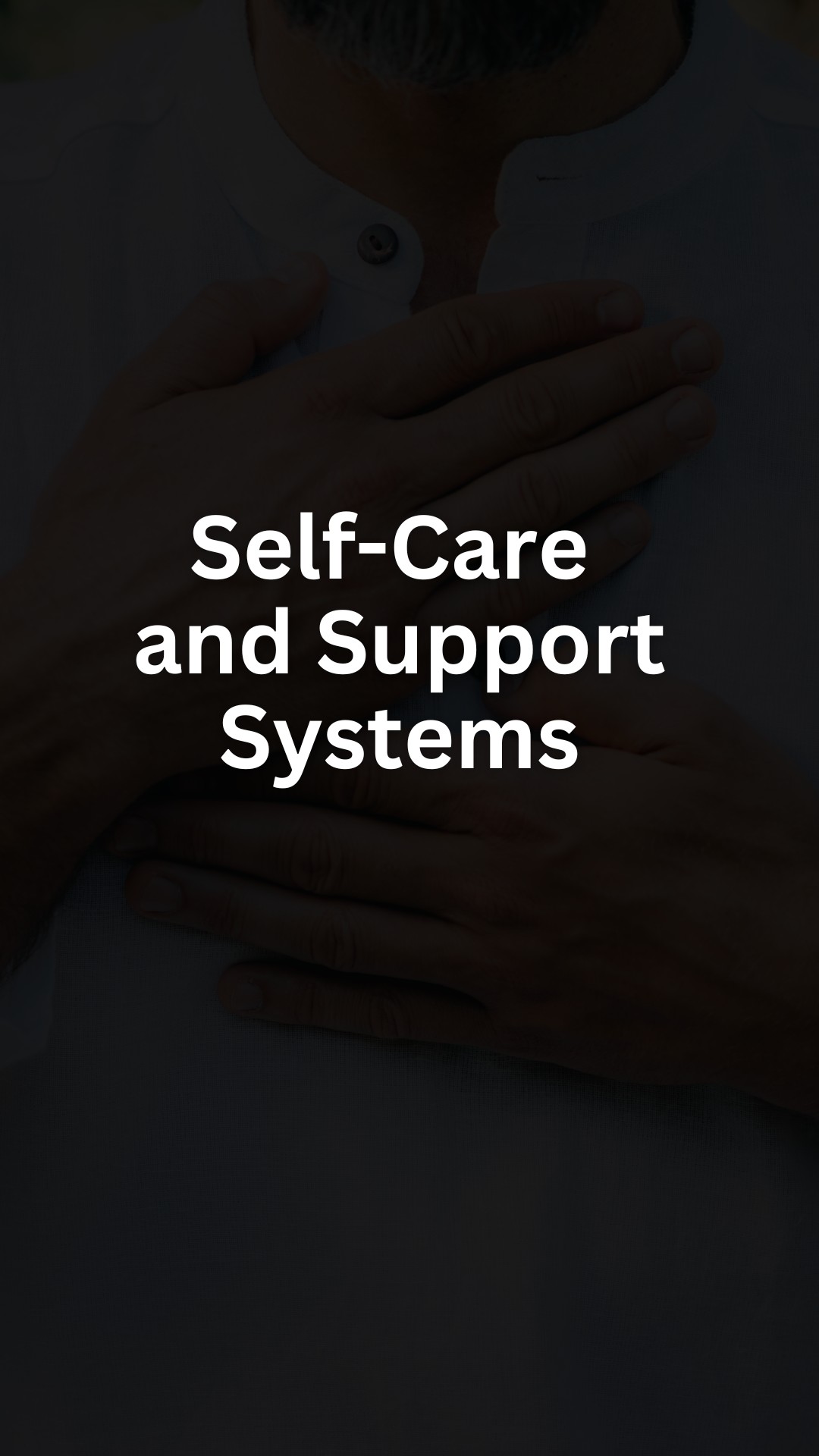
Taking care of yourself and finding the right support is crucial when co-parenting with a difficult ex-spouse. These actions can help you maintain balance and well-being despite the challenges.
Utilizing Personal Support Networks
Lean on friends and family during tough times. They can provide emotional support, advice, and even practical help, like babysitting.
Consider joining a support group for parents in similar situations.
These groups can be found online or in your community. Sharing experiences and hearing others’ stories can reduce feelings of isolation and stress.
Professional help, like counseling or therapy, is also beneficial.
A licensed therapist can offer coping strategies tailored to your situation.
Make a list of local therapists or use services like online therapy platforms if you prefer to talk from home.
Engaging in Self-Care Practices
Establish a daily routine that includes time just for you.
This might involve hobbies, exercise, or relaxation techniques.
Regular exercise, even a short walk, can boost your mood and energy levels.
Mindfulness and meditation can help manage stress.
These practices teach you to focus on the present and reduce feelings of anxiety. There are apps and online videos to guide beginners.
Quality rest is essential.
Prioritize getting enough sleep each night.
If you struggle with sleep, consider setting a bedtime routine to wind down, like reading or taking a bath.
Taking these steps helps you stay strong and capable, benefiting both you and your children.
Encouraging Positive Parental Relationships

Co-parenting with a difficult ex can be challenging, but fostering positive parental relationships benefits your children. Prioritize healthy interactions to create a supportive environment.
Promoting Healthy Interactions
Encourage polite and respectful communication.
Use a calm tone when speaking or writing to your ex. Avoid blaming or criticizing. Focus on your child’s needs.
Make decisions together, especially on major issues.
Show a united front to your children. This reduces confusion and stress.
Schedule regular check-ins to discuss your child’s progress and concerns.
Celebrate special occasions together when possible.
Birthdays and holidays can be more enjoyable if both parents are present.
Show support for your ex in front of your children. Positive comments about your ex can help your child feel secure.
Adapting to Changes

Co-parenting requires flexibility. Life events and evolving circumstances will demand adjustments.
Handling Life Changes
Life keeps moving. Jobs change, schools shift, and people relocate.
To manage these changes with your ex-spouse, staying organized and communicative helps.
Keep a shared calendar for important dates like school events and vacations. This tool ensures everyone is on the same page.
Discuss big decisions in advance. Whether it’s picking a new school or moving to a new home, talk through the details.
Keep the kids’ best interests in mind and find a middle ground. Be open to compromise, even when it’s tough.
Listen to your ex-spouse’s suggestions. Sometimes, their ideas can offer a fresh perspective.
Flexibility and patience are key. Change is hard, but with cooperation, it can go smoothly.
Adjusting Co-Parenting Plans
Plans need to evolve. What worked last year might not work now.
Regularly review and adjust your co-parenting plan. This ensures it meets everyone’s needs, especially the children’s.
Set up regular check-ins. These can be weekly or monthly, whatever fits your schedule.
Use these meetings to discuss what’s working and what isn’t. Document changes to avoid confusion later.
Stay positive and solution-focused. If issues arise, tackle them with a problem-solving mindset.
Keep discussions respectful. Focus on creating a stable environment for the children.
Consider using a mediator if conflicts are hard to resolve. A neutral third party can help facilitate discussions and find fair solutions.
Don’t shy away from getting help when needed.
Educating Your Child about Co-Parenting

It’s important to help your child understand what co-parenting means.
Explain that both parents will still care for and love them.
Use simple language suited for their age. For example, say, “Mom and Dad both want what’s best for you.”
Discuss the new routines. If your child will be spending certain days with each parent, let them know the schedule in advance.
Making a visual calendar can help. Draw pictures or use stickers to mark the days they will be with each parent.
Encourage your child to express their feelings. Let them ask questions and talk about their worries.
Use books or stories about co-parenting. These resources can make the concept easier to understand.
Praise your child for adapting to the changes. Showing approval can help them feel secure.
Keep communication open. Regularly check in with your child about how they’re coping with co-parenting.
Key Points to Discuss With Your Child:
- Both parents love them
- No direct blame for the separation
- The new routine or schedule
- It’s okay to have different rules at each home
Resources and Professional Assistance
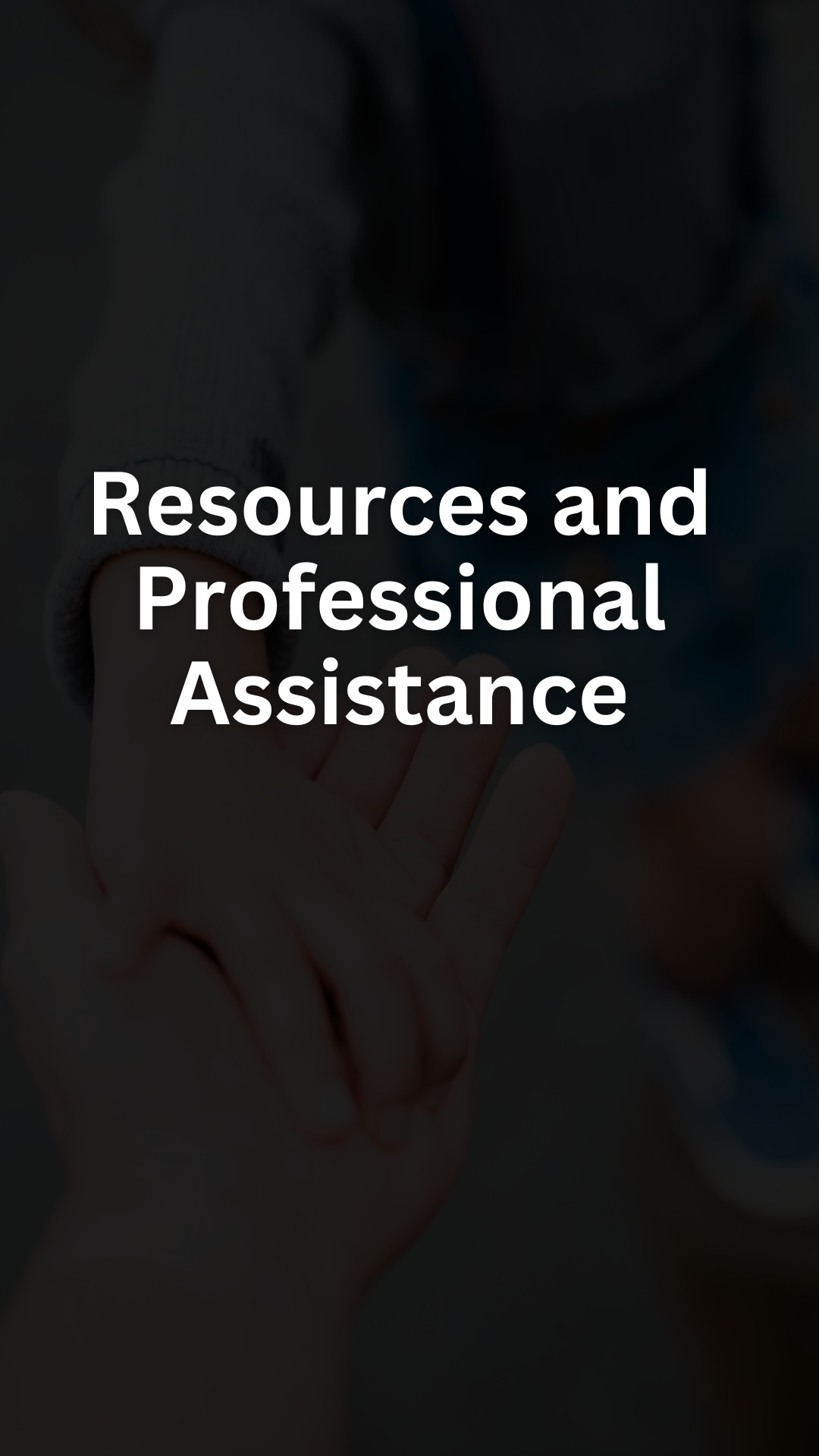
Therapists: Seeking help from a therapist can benefit you and your children. A professional can offer strategies to manage stress and communication.
Mediators: Mediators help resolve conflicts. They can offer a neutral space to discuss important matters, and find reasonable solutions.
Support Groups: Joining support groups can provide emotional support. These groups often meet in person or online, allowing you to share experiences and advice.
Books and Podcasts: Many resources offer advice on co-parenting. Look for well-reviewed books and podcasts tailored to co-parenting challenges.
Legal Advice: Consulting a family law attorney can help. They guide you through custody agreements and legal rights.
Online Communities: Platforms like forums or social media groups can be helpful. These communities can provide support, tips, and experiences from others in similar situations.
Parenting Classes: Enrolling in parenting classes can enhance your skills. Many community centers offer classes on effective co-parenting techniques.
Frequently Asked Questions

When co-parenting with a difficult ex-spouse, you might encounter various challenges related to custody, harassment, behavior, and mental health issues. Here are some common questions and their answers to help you navigate these situations.
Can you lose custody for failing to co-parent effectively?
Yes, you can lose custody if the court finds that failing to co-parent is harming the child. Courts prioritize the child’s best interests, and effective co-parenting is often seen as beneficial for their well-being.
What strategies can be employed to manage harassment from a co-parent?
Keep communication documented. Use text or emails instead of phone calls.
Seek legal advice if harassment continues. Consider using a third-party mediator to handle communication.
Maintain boundaries and focus on the child’s needs.
How should one navigate co-parenting with an ex-spouse that exhibits vindictive behavior?
Stay calm and avoid retaliation. Keep communication about the child only.
Document all interactions and seek legal advice if necessary. If needed, use a mediator for discussions.
Focus on your child’s best interests.
What are the indicators of controlling behavior in a co-parent?
Signs include constant demands, frequent check-ins, manipulation, and undermining your authority.
They might also dictate your schedule or make unilateral decisions about your child.
What approaches are recommended for co-parenting with a partner who has a mental illness?
Encourage open communication about their condition. Develop a structured plan.
Be patient and understanding. Seek professional support when needed. Prioritize the child’s safety and involve a mental health professional if necessary.
What advice is available for co-parenting with a narcissistic ex-husband?
Set firm boundaries. Keep communication unemotional and focused on the child.
Do not take the bait if provoked. Document all interactions.
Engage in self-care to manage stress. Seek legal advice for any serious issues.
Maintain a consistent and stable environment for your child.